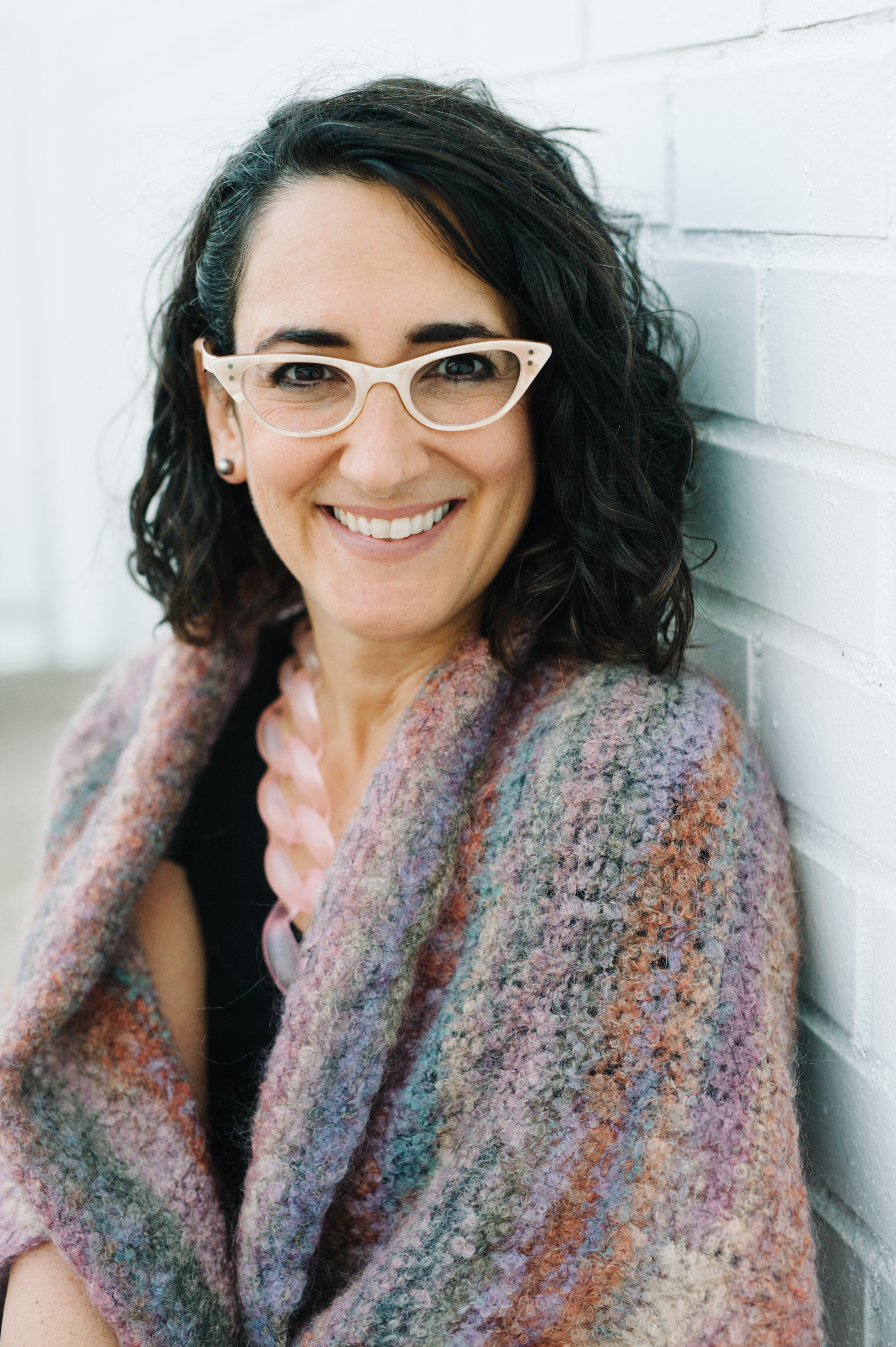I was blown away by a recent episode of NPR’s TED Radio Hour podcast. The episode, “Jumpstarting Creativity,”starts with the story of a legendary 1977 concert in Cologne, Germany by one of the greatest jazz pianists in the world, Keith Jarrett. It chronicles how a monumental screw up, and a nearly-cancelled performance, led to one of the greatest jazz piano concerts of all time. Adversity led to creativity, and that led to extraordinary results.
The concert was organized by a young and inexperienced fan – it was an incredibly impressive feat just to book Jarrett for the concert. The problem was: it was a setup for disaster. A couple of hours before the concert, Jarrett (a notorious perfectionist) arrived at the concert hall to find a damaged and hopelessly out of tune rehearsal piano on stage, rather than a concert-ready piano of the caliber that he demanded and required. The concert was sold out, but Jarrett had no intention of performing on that substandard equipment (He was such a perfectionist that he would sometimes distribute cough drops to his audience, so they wouldn’t cough while he was performing.).
Jarrett left the concert hall and planned to return to his hotel, skipping the performance all together. After some desperate pleading from the young woman who organized the event, he decided to make an exception and perform on the substandard piano. His managers decided to record the concert as a cautionary tale for other concert promoters: “Here’s what you should NOT do, and here’s what the concert will sound like if you don’t provide the right piano.”
So what happened? Was it a disaster, as expected?
Keith Jarrett’s performance from that night is widely considered one of the greatest, most transformative, most astonishing performances of his career. He pushed through adversity, drew upon his stellar talents and decades of experience, and created a concert that was featured on the best selling jazz piano album of all time.
When (and How) Adversity Helps Us Achieve Greatness
Not everyone could have faced the circumstances that Keith Jarrett faced that night in Cologne and achieved something beautiful… or even listenable! What did it take for Jarrett to achieve what he achieved? I think that some pieces of the puzzle included tremendous talent, hundreds of thousands of hours of practice and performance, and a strong work ethic – wanting it to be as great as it can be, even when circumstances are tough. Most important, though, is this:
I’m guessing that Keith Jarrett knew that this concert was not going to sound like his other concerts. He was able to adjust his expectations, and that released him to create something new and unexpected.
Adversity pushes us to come up with creative solutions, mining our reserves for talent and options we didn’t even know existed. We can create something wonderful as a result.
Planning an Event with No Roadmap – Calling on Creativity
At the moment, I am planning a lifecycle event for my daughter. It is the kind of event that many families spend years planning (and saving money to pay for it). We are doing it in 6 months, with no budget. I am reluctant to call it this situation “adversity” – it’s a joy and privilege to be able to do this for my daughter. However, the time and budget constraints are definitely stressful! Because few people plan this type of lifecycle event under quite these circumstances, there isn’t much of a roadmap for doing it. So, we are creating our own map. We are coming up with unique, fun solutions. Our event, like many of the best nonprofit events, will look like us. I think it will be one of the most fun, personal, and meaningful events that many of our guests will attend. By releasing expectations, we are creating something new and unexpected. “Adversity” is becoming a gift.


